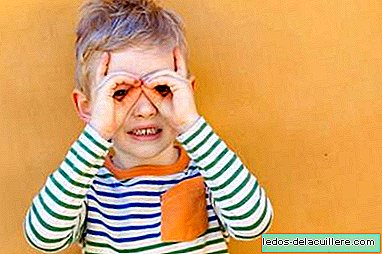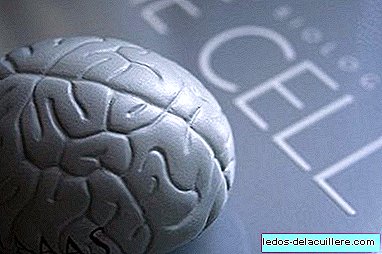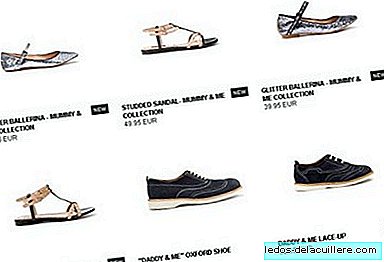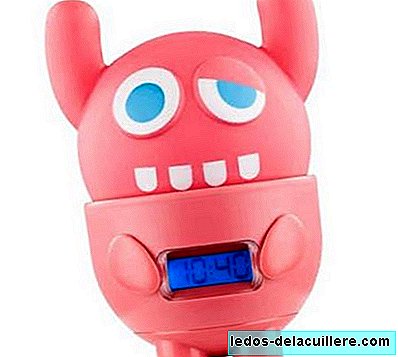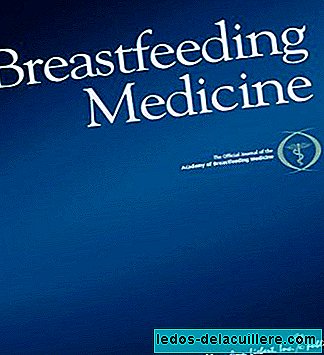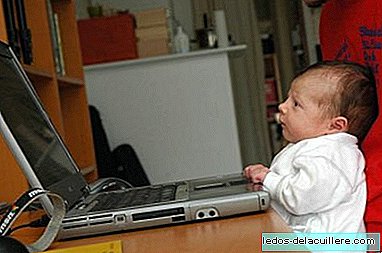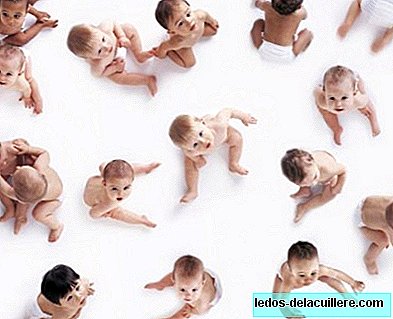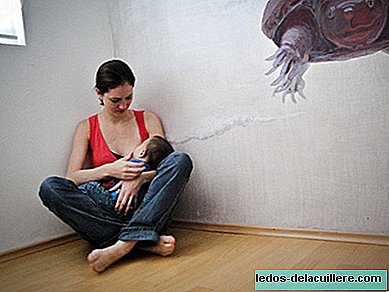
The recommendations of giving exclusive breast milk to babies up to six months seem to be clear to everyone, mothers, fathers, relatives and health professionals (or so I hope). The recommendation that, once the baby is six months old, to continue breastfeeding, it seems that it is also spreading, and soon those years in which the mothers were told to stop breastfeeding will be far away because what came out was aguachirri and start giving artificial milk.
The reasons to continue breastfeeding once the baby is six months old are diverse, you know, the immune cells of the breast milk that pass to the baby, it is the most nutritious food of how many you can take, it contains the substances that make the brain of the baby is developed correctly and a long etcetera, and a recent study shows that in addition to all this, if they are offered new foods when the baby is breastfeeding is more difficult for allergies.
Something similar was already seen with gluten
A few years ago began to offer gluten from 7-8 months, as it was considered that the risk of celiac disease was lower. However, new studies showed that the ideal was precisely the opposite, offer it before seven months, in small quantities every day and do it while the baby was still sucking. In this way the chances of being celiac later decrease by up to 60%.
Study Data
The study I told you today was conducted with 41 two-year-old children who suffered from food allergies. The researchers compared their diet with that of 82 children of the same age without any allergy.
They observed that children with food allergies had started eating solids by 16 weeks of age or even before, while children in the control group had done so in a week after 17. In addition, children with allergies took less breast milk when foods containing any form of cow's milk protein were introduced, which is found in artificial milk but also in some processed foods.
In this way they established that a baby under 17 weeks should not try any food other than breast milk (obviously, if you drink artificial milk there is no other option), which in fact is something that is usually done in our country because even four months (17.14 weeks) nobody usually gives anything to babies. This obviously does not mean that babies have to start eating at that age. The recommendation to start eating solids (and with solids I mean any food other than milk) is for all babies the same: from six months.
Why breastfeeding helps protect children from food allergies is something that researchers cannot explain, because the relationship between one thing and another is still unknown. As they comment, it is possible that the immunological factors of breast milk, the defenses it contains, may help educate the baby's immune system in the presence of new foods, so that it accepts them better and so that the body does not react against them.
In the words of Kate Grimshaw, author of the study and allergy specialist at the University of Southampton:
My theory is that if food allergens, which are the things that babies actually become allergic to, do not appear at the same time as breast milk, breast milk cannot educate the immune system.
Final Recommendations
The recommendations then do not change one iota: it is recommended to feed babies with breast milk exclusively until six months of age. At that time begin to offer new foods to babies, what we know as complementary feeding, so they begin to try new flavors, new textures and new foods and thus supplement their diet. Meanwhile continue with the breast milk on demand until the year of life.
When the baby turns one year old, breast milk becomes one more food, giving more importance to offering a varied and balanced diet, that of adults, since at that age they can eat practically the same as the elderly (removing seafood, for being very allergenic and everything that is small and hard due to the risk of choking).
That is, in short, the study does not change anything of the present, but it is not even necessary. What we gain is one more cause to explain why the baby should continue breastfeeding when he is six months old, age at which many stopped doing so on medical advice.


